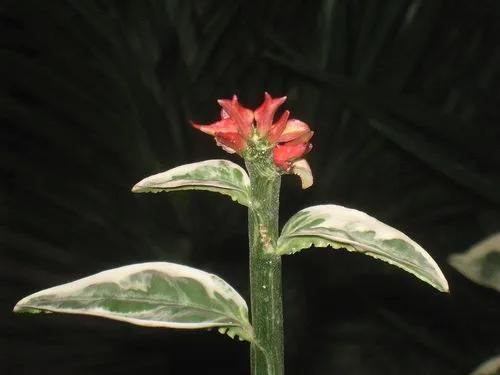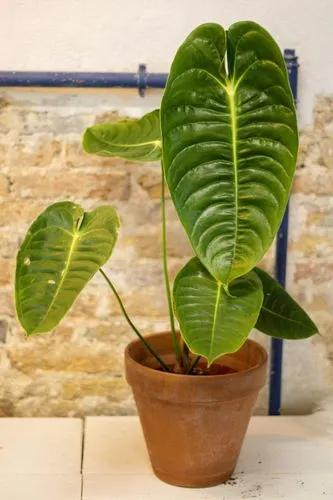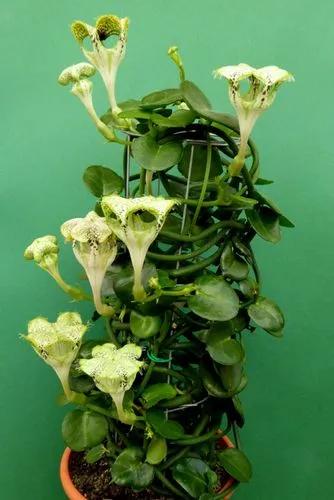Mikania plant is a herbaceous vine with a long life cycle, in which both stems and leaf blades are pubescent. It can be tricky to please, but Mikania can be a great way to add some color and brightness to the interior.
Mikania Plants Care
Mikania ternata



Mikania vine plants originate in Central and South America. There are about 200 species in nature. But only plush vine (Mikania ternata) is grown as a houseplant. This ample and climbing plant’s leaves are dark green, reddish along the veins, purple on the reverse side, rhombic in shape, and notched along the edges on thin brown petioles.
How to Care for the Plant

Water

Watering should be pretty plentiful during warm months and moderate during cold ones. In summer, the soil should always be moist but not too damp; in winter, allow it to dry well but not completely. Mikania likes moderate amounts of humidity. If your home is dry, place the planter on top of a bowl filled with stones and water to raise humidity.

Pruning

Frequent pruning will make the Mikania plant retain lushness at all times.

Fertilizer

Apply fertilizers only during the growing season (from April to early autumn) twice a month, using solutions with equal phosphorus, nitrogen, and potassium levels. However, purchased fertilizers should be used in doses 2-3 times less than specified by the manufacturer.

Sunlight

Mikania likes bright light but not direct sunlight. Place the planter behind a sheer curtain that filters some of the brightest light, or pull the plant away from the window to a bright spot in the middle of the room. Mikania plush vine can stand a few hours of direct sunlight but will get burnt if you leave it in a window all day long. It is essential to keep the same brightness throughout the year.

Soil

Soil has to provide good drainage, so the African violet soil mix would be a good choice. Alternatively, a mix of leaf and sod land, sand, and peat in a ratio of 2: 3: 2: 1 works as potting soil, too.

Propagation

Propagate by apical cuttings in spring. After cutting the needed part, apply phytohormones and place the plant in moist soil for rooting. Cover the new pot with a lid and put it in a warm place. Opening the top daily to allow for air circulation is vital.

Temperature

Mikania loves moderate temperatures of about 64-68°F (18-20°C) in summer and within 57-59 °F (14-15°C) in winter, but not lower than 54 °F (12°C).

Container

The bottoms of the pot should have small holes so that excess water can drain. While water-loving, Mikania doesn't like to stand in water, so providing good drainage is crucial for the plant's health. This plant is often planted in hanging pots so its stems have space to grow.

Fun fact

Mikania was named after the Austrian-Czech botanist Johann Christian Mikan (1769-1844).

Additional

Mica suitable for hanging baskets. In winter, it is impossible to keep the water got on the leaves of mica.

Popularity

24 people already have this plant 11 people have added this plant to their wishlists
Discover more plants with the list below
Popular articles






